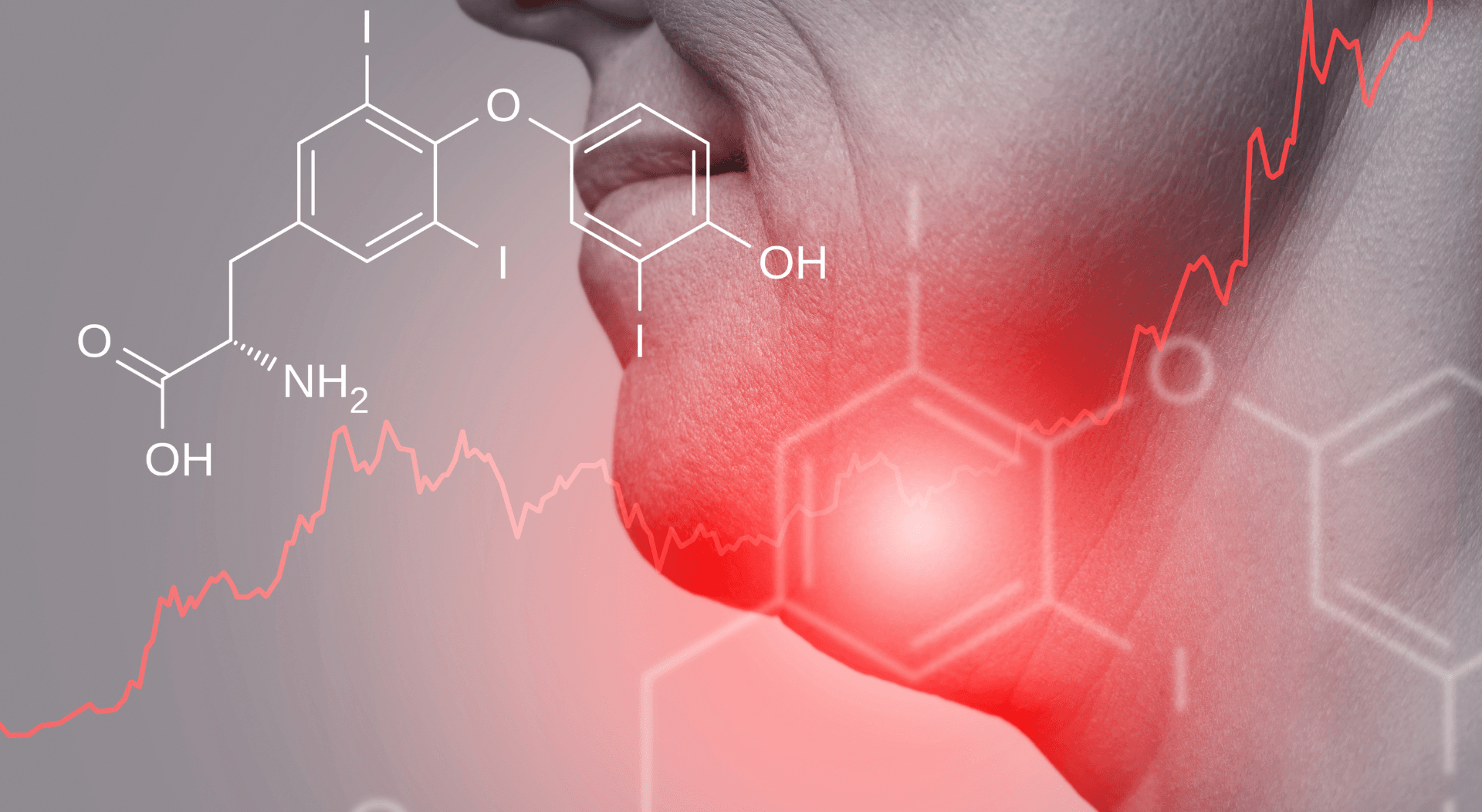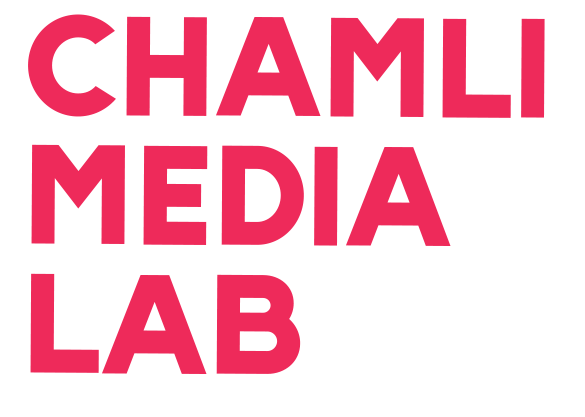Hormones, the chemical messengers of our body, orchestrate a symphony of physiological processes, from growth and metabolism to reproduction and stress response. The intricate balance of hormones is crucial for our well-being, but what if we could manipulate these tiny molecules to our advantage? The realm of hormone manipulation holds promises of breakthroughs in medicine, psychology, and beyond. However, it also raises profound ethical questions about the limits of intervention and the consequences of tampering with nature's delicate equilibrium.
Understanding Hormone Manipulation
Hormone manipulation involves altering the levels or actions of hormones within the body through various means, including medications, dietary changes, lifestyle modifications, and even genetic engineering. This manipulation can have diverse applications across different fields:
Medicine: Hormone therapy is already widely used in treating conditions such as hypothyroidism, diabetes, and hormone-sensitive cancers. Manipulating hormones can help restore balance in conditions where natural hormone production is impaired or dysregulated.
Reproductive Health: Fertility treatments often involve manipulating reproductive hormones to optimize the chances of conception. Conversely, hormonal contraceptives offer individuals greater control over their reproductive choices.
Mental Health: Hormones play a significant role in regulating mood, stress response, and cognition. Emerging research explores the potential of hormone manipulation in treating conditions like depression, anxiety, and PTSD.
Athletic Performance: Some athletes may seek to enhance their performance by manipulating hormones such as testosterone or growth hormone, although this practice is controversial and often banned in competitive sports.
Ethical Considerations
While hormone manipulation holds immense therapeutic potential, it also raises ethical concerns that warrant careful consideration:
Autonomy vs. Coercion: Individuals should have the autonomy to make informed decisions about hormone manipulation, free from coercion or undue influence. However, societal pressures or commercial interests may push individuals towards interventions they do not fully understand or consent to.
Risk-Benefit Balance: Like any medical intervention, hormone manipulation carries risks, including side effects, long-term health consequences, and potential misuse. Ethical practice requires weighing these risks against the potential benefits and ensuring that interventions are evidence-based and medically justified.
Social Justice: Access to hormone manipulation should be equitable, ensuring that marginalized communities and vulnerable populations are not disproportionately excluded or exploited. Socioeconomic factors, healthcare disparities, and cultural norms can impact access to and outcomes of hormone-based therapies.
Unintended Consequences: Manipulating hormones can have far-reaching effects on individuals and ecosystems. Interventions designed to address one issue may inadvertently disrupt other physiological processes or ecological balances, highlighting the need for comprehensive risk assessment and monitoring.
Hormone manipulation offers a fascinating frontier in science and medicine, with the potential to revolutionize healthcare and improve quality of life for millions. However, realizing this potential requires navigating complex ethical terrain, balancing the pursuit of innovation with respect for individual autonomy, social justice, and ecological integrity. As we venture further into the realm of hormone manipulation, we must tread carefully, guided by principles of beneficence, non-maleficence, and respect for human dignity. Only by doing so can we harness the power of hormones responsibly and ethically, for the benefit of all.

